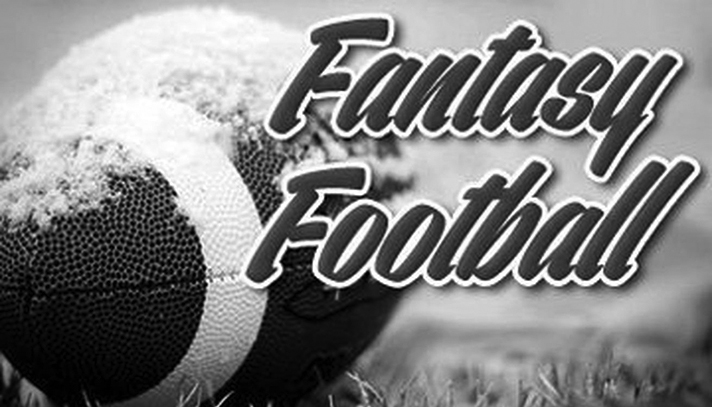Fantasy Sports as skill games
No longer viewed as gambling, new license category will be introduced
The element of skill and knowledge involved in fantasy sports, such an activity should be differentiated from games of chance in terms of licensing and regulation.
This relates specifically to fantasy sports where players choose virtual representations of real-life athletes, where the value and points attributed to an athlete reflect the athletes’ performance in actual sporting events, and where the outcome is determined predominantly by skill and knowledge rather than by chance.
Fantasy sports are thus exempt for an interim period from August to around December 2016 from the requirement of a gambling licence issued in terms of the Lotteries and Other Games Act or the Remote Gaming Regulations.
But, in effect, during this temporary period and until the new proposed regulatory framework for skill games is put into force, MGA shall be open to receiving interests via ad hoc notifications, in order to closely monitor these operations and evaluate potential risks to the consumer.
Following this announcement made by the Malta Gaming Authority on 10th August 2016 we at Dr. Kresse International have compiled the below practical consequences arising from this new approach for running fantasy sports operations and especially also for new projects planned to become operational in the next months.
Fantasy Sports – Practical implications after MGA announcement dated 10th August 2016
- 1. A new legislation will be drafted which will cover fantasy sports and there will be a special type of license for it. This is expected to happen December 2016/January 2017.
- 1.1 From August 2016 onwards until the new legislation is ready, Fantasy Sports is not considered by MGA as gambling and will therefore not require a gaming license.
- 1.2 Only Fantasy Sports based on live and external events will not be considered as a gambling activity. Any Fantasy Sports games which reply on an RGN (random number generator) will still be considered as gambling.
- 2. MGA still sees an issue with the fact that players’ funds are being held.
- 3. Operators will (also in the future) benefit from being regulated. Reputable banks are likely not to accept such operations without a form of license.
- 4. Major other implications
- 4.1 VAT will become even more important to collect in other countries - since this will be the same as any B2C.
- 4.2 Advertising will be easier - so will expansion to different countries.
- 4.3 The new regulations governing Fantasy Sports will be “lighter”. In particular, responsible gaming regulations will be less strict.
- 5. Consequences
- 5.1 For those companies currently with a license.
- They will be rolled over to the new license automatically.
- Reports will be optional during this period, but are encouraged.
- 5.2 For New Companies
- They can start operations.
- But: Are encouraged to register with the MGA (Letter of Recognition)
- Can start the application process as of now
- MGA will allow both existing and new companies to show the MGA seal on their website - this will not say license - but will reveal that the operator is Recognized/Registered. Eventually this will change to the new license.
- The gaming tax of 5% is expected to remain the same.
- The annual fee might be different – not yet decided.


